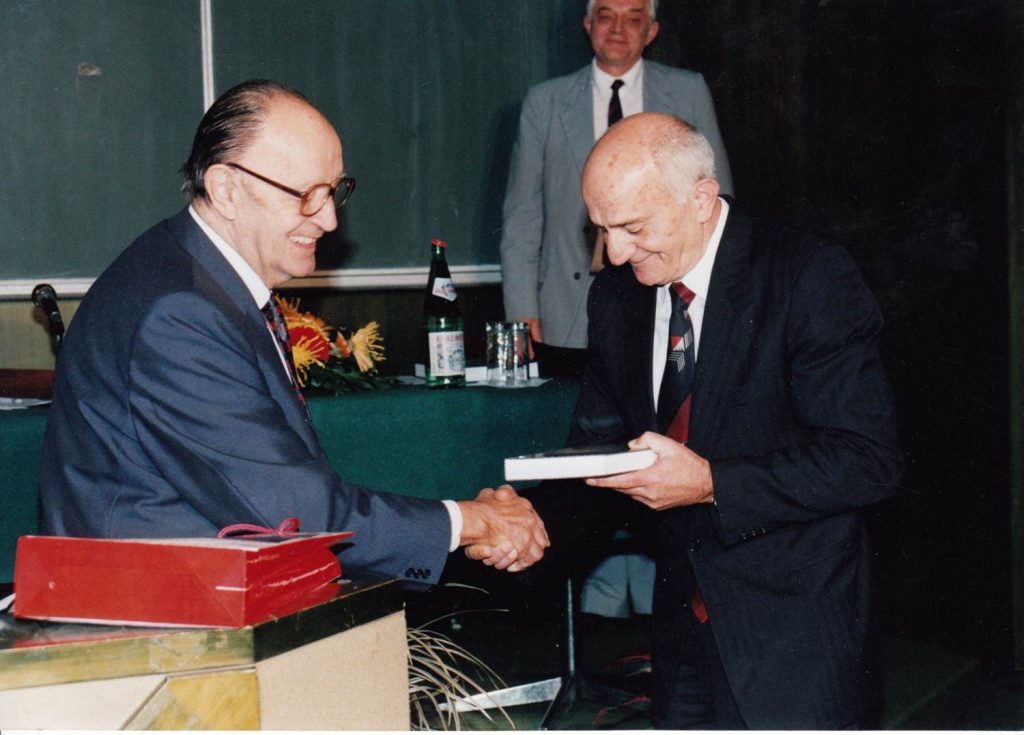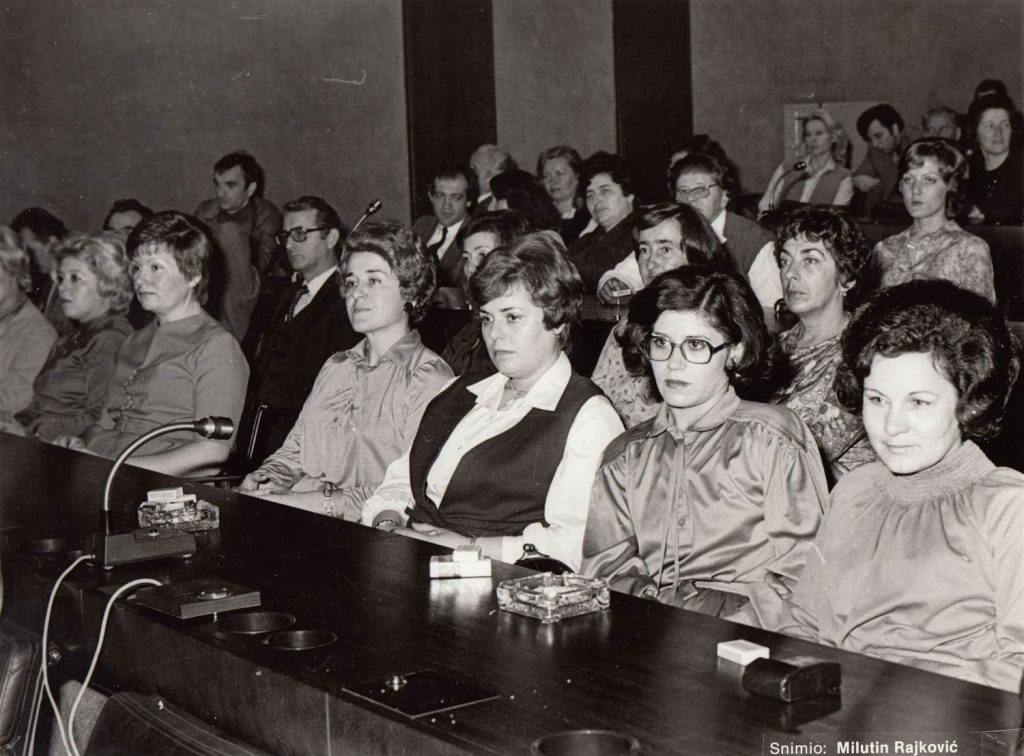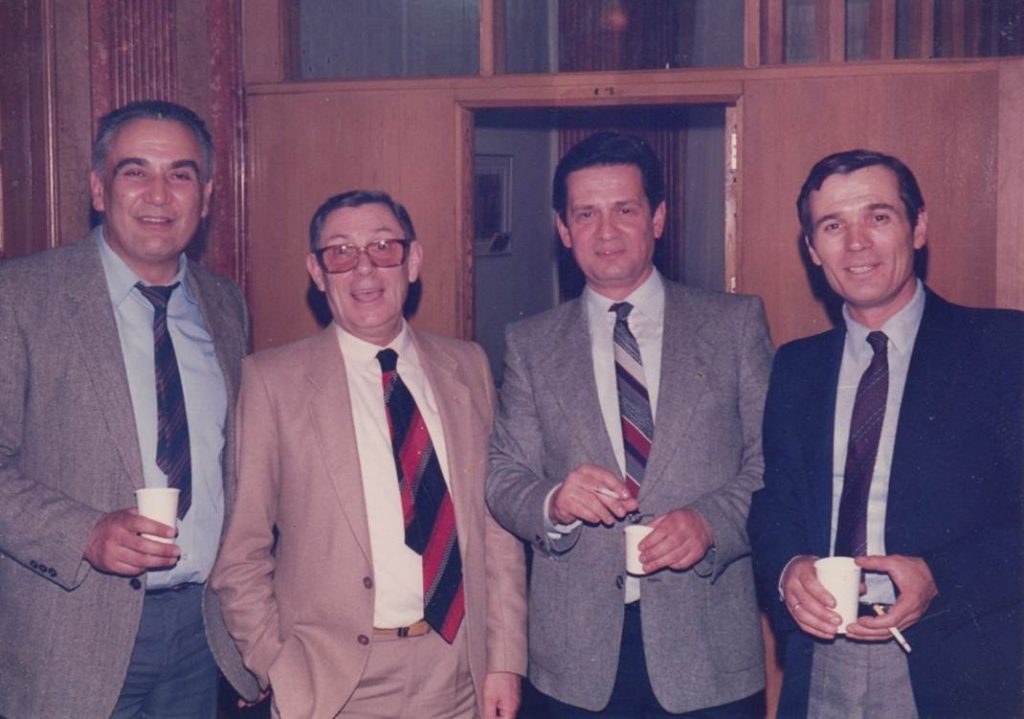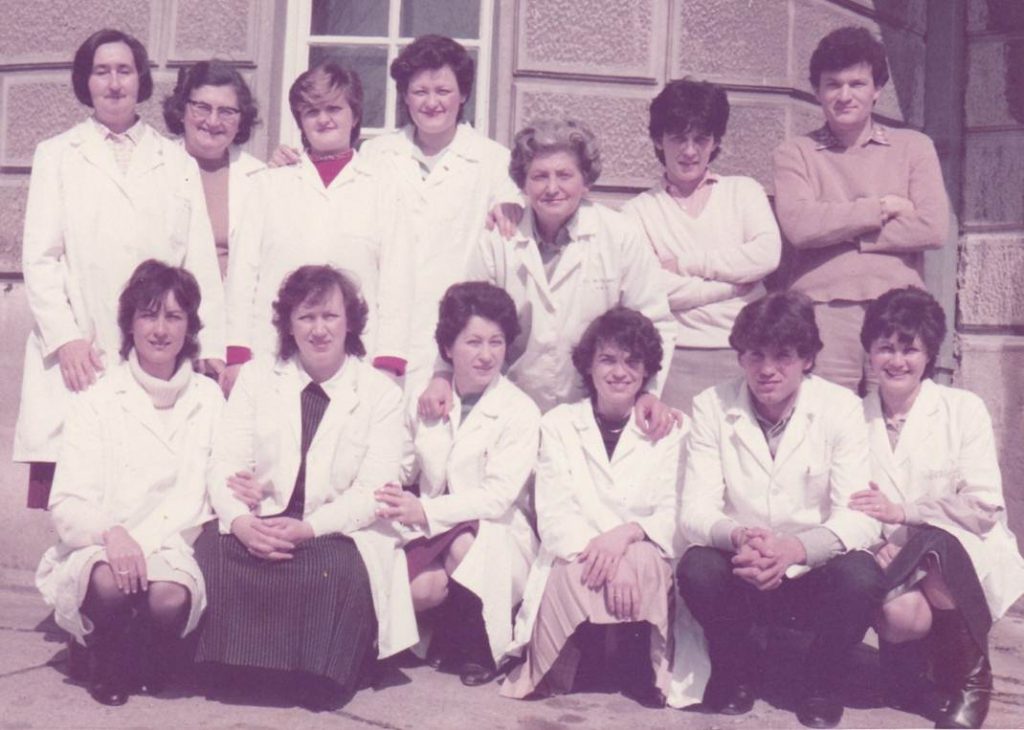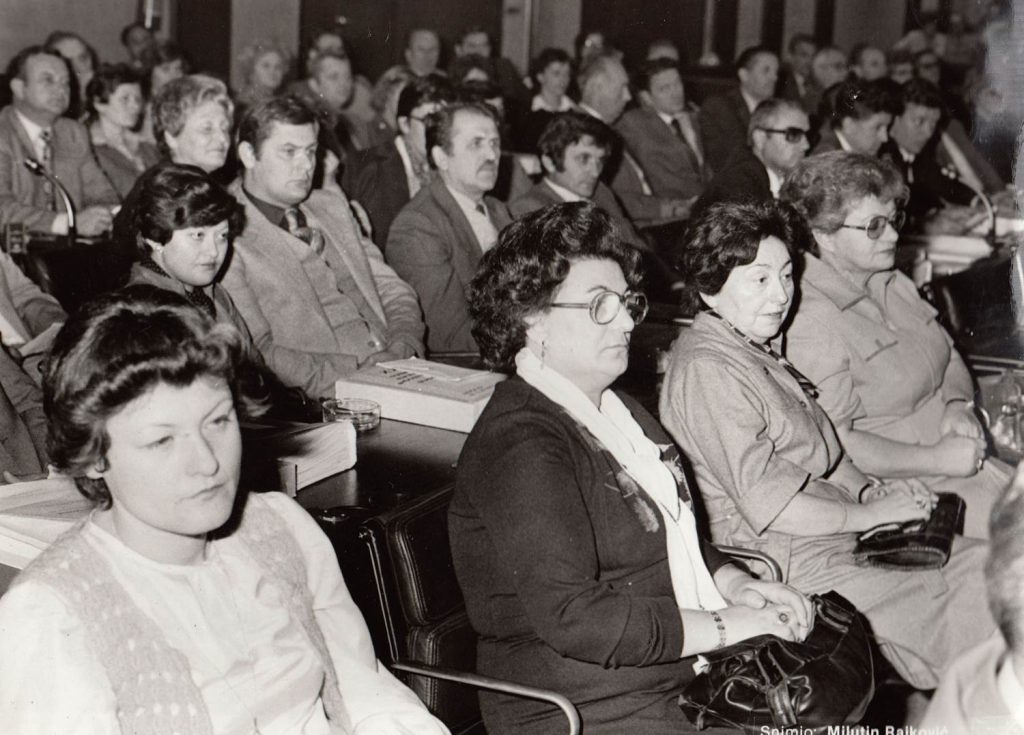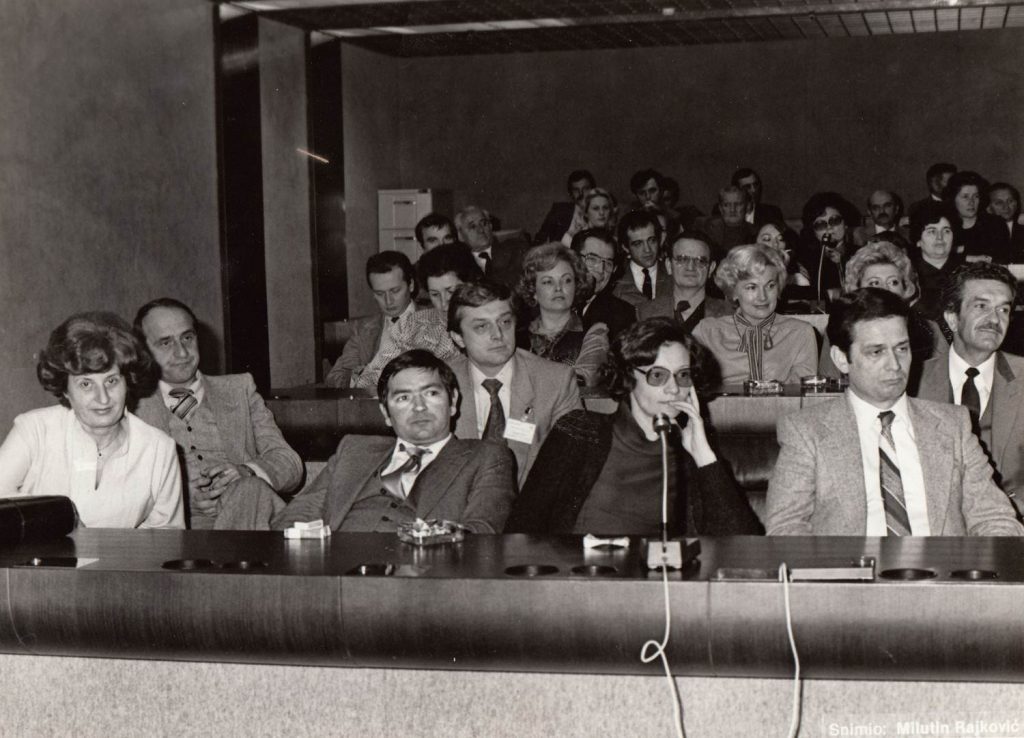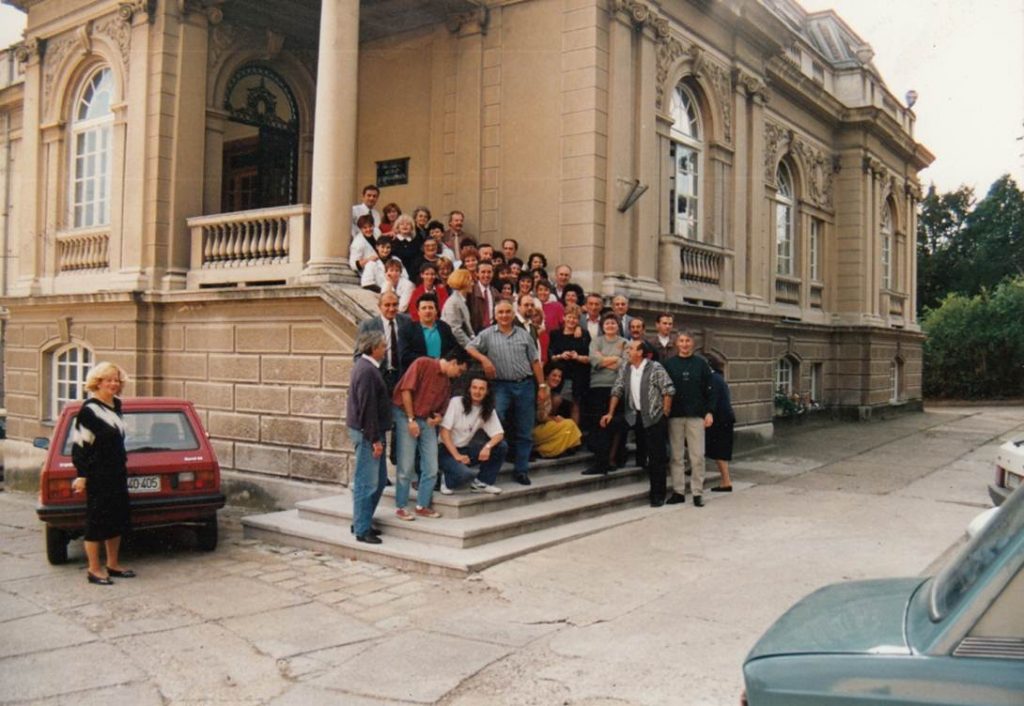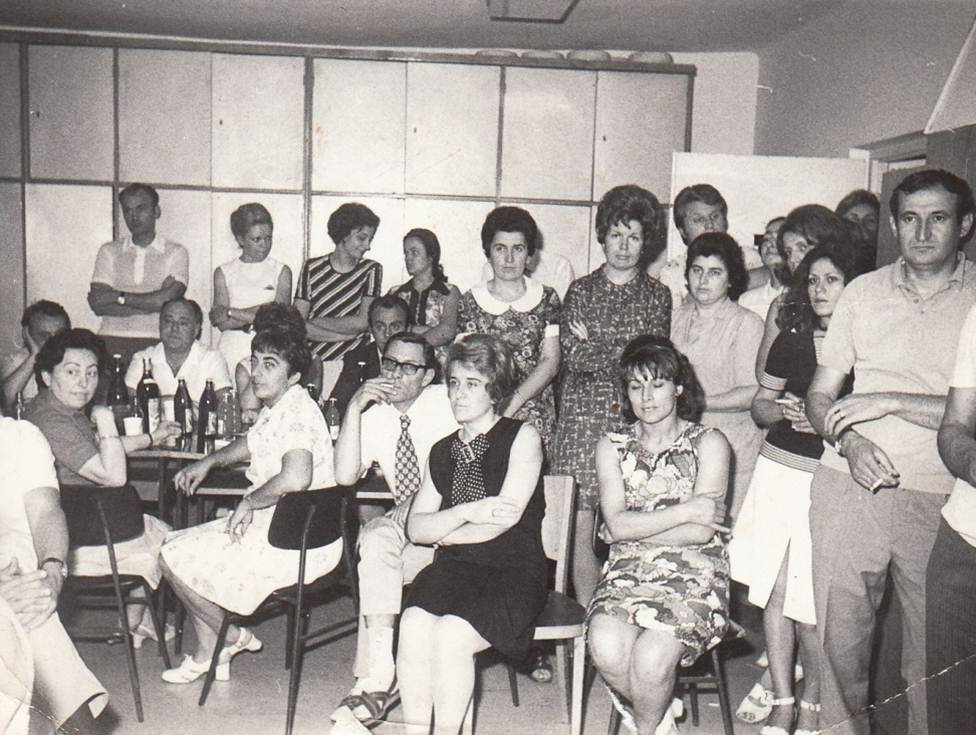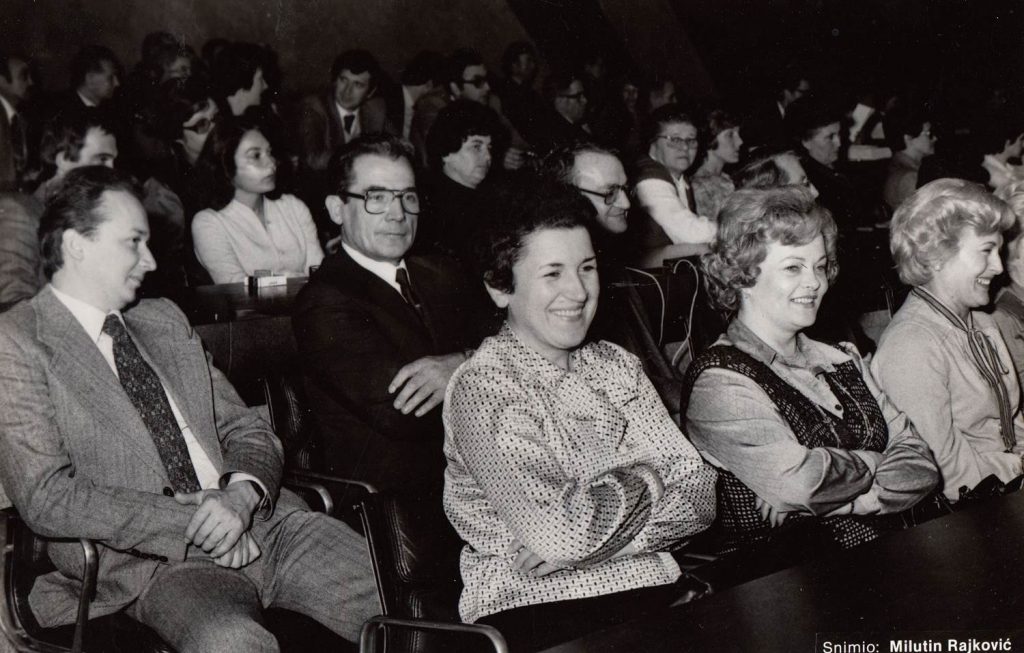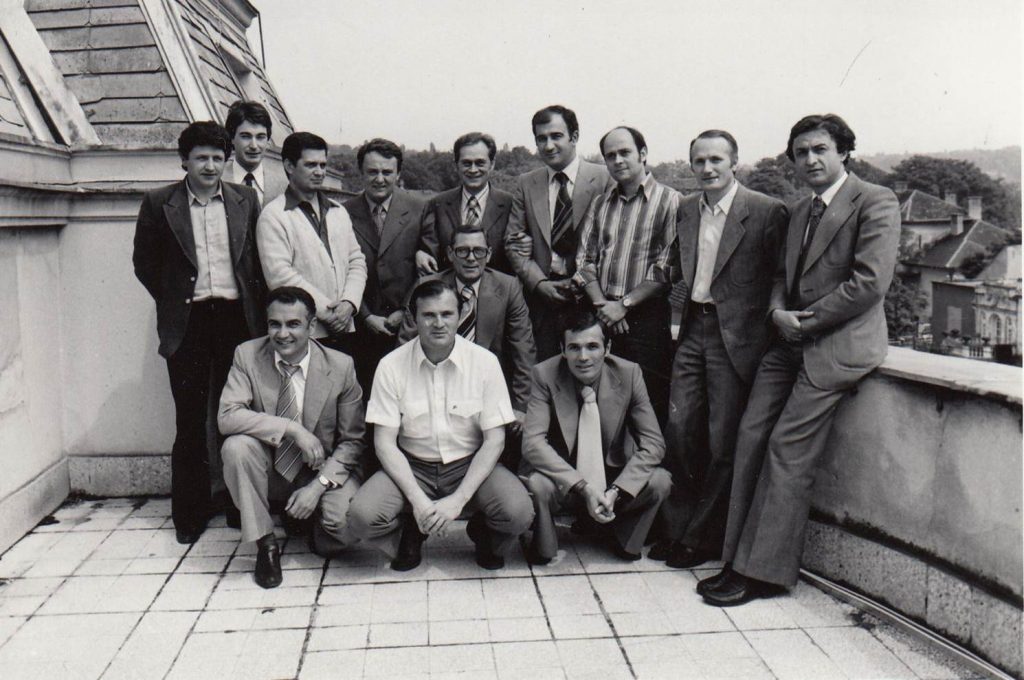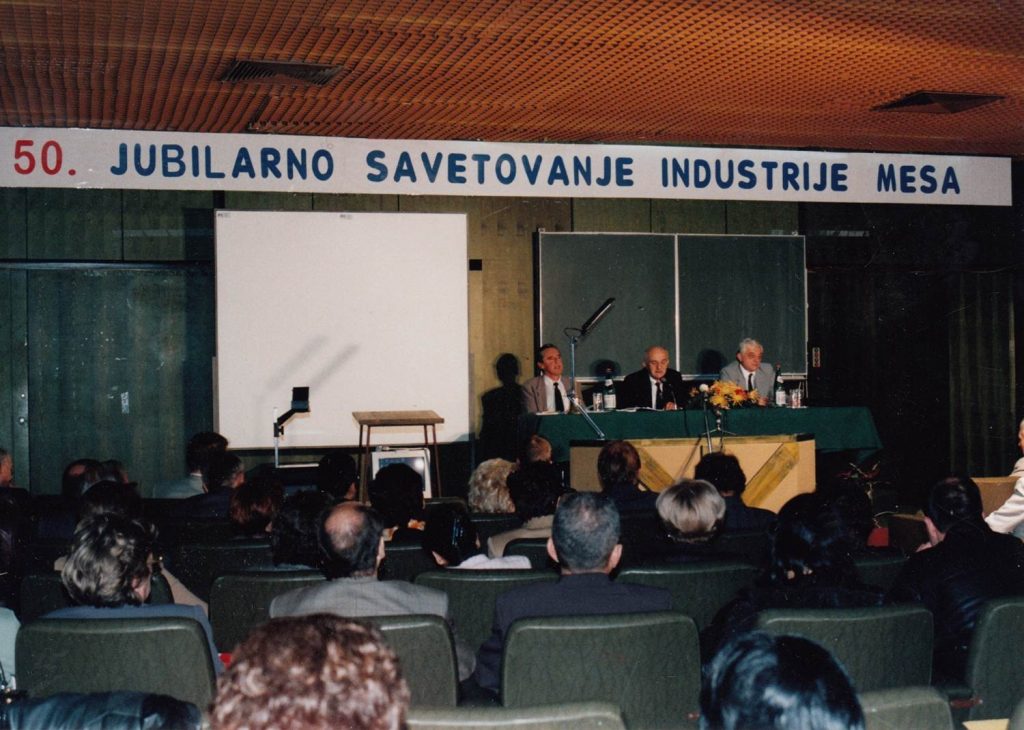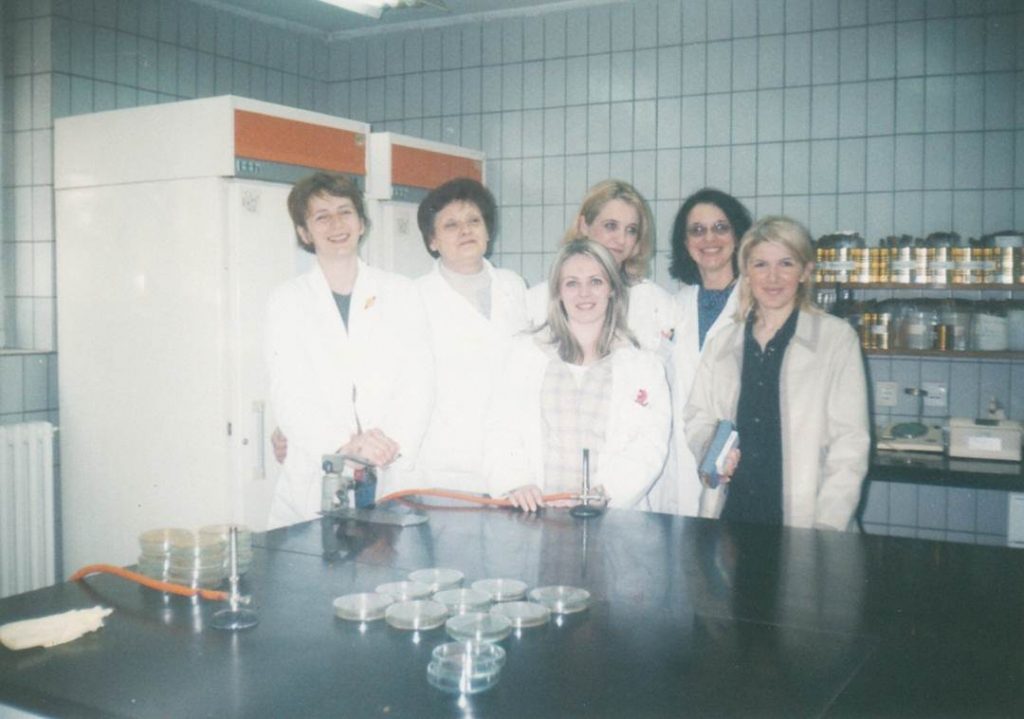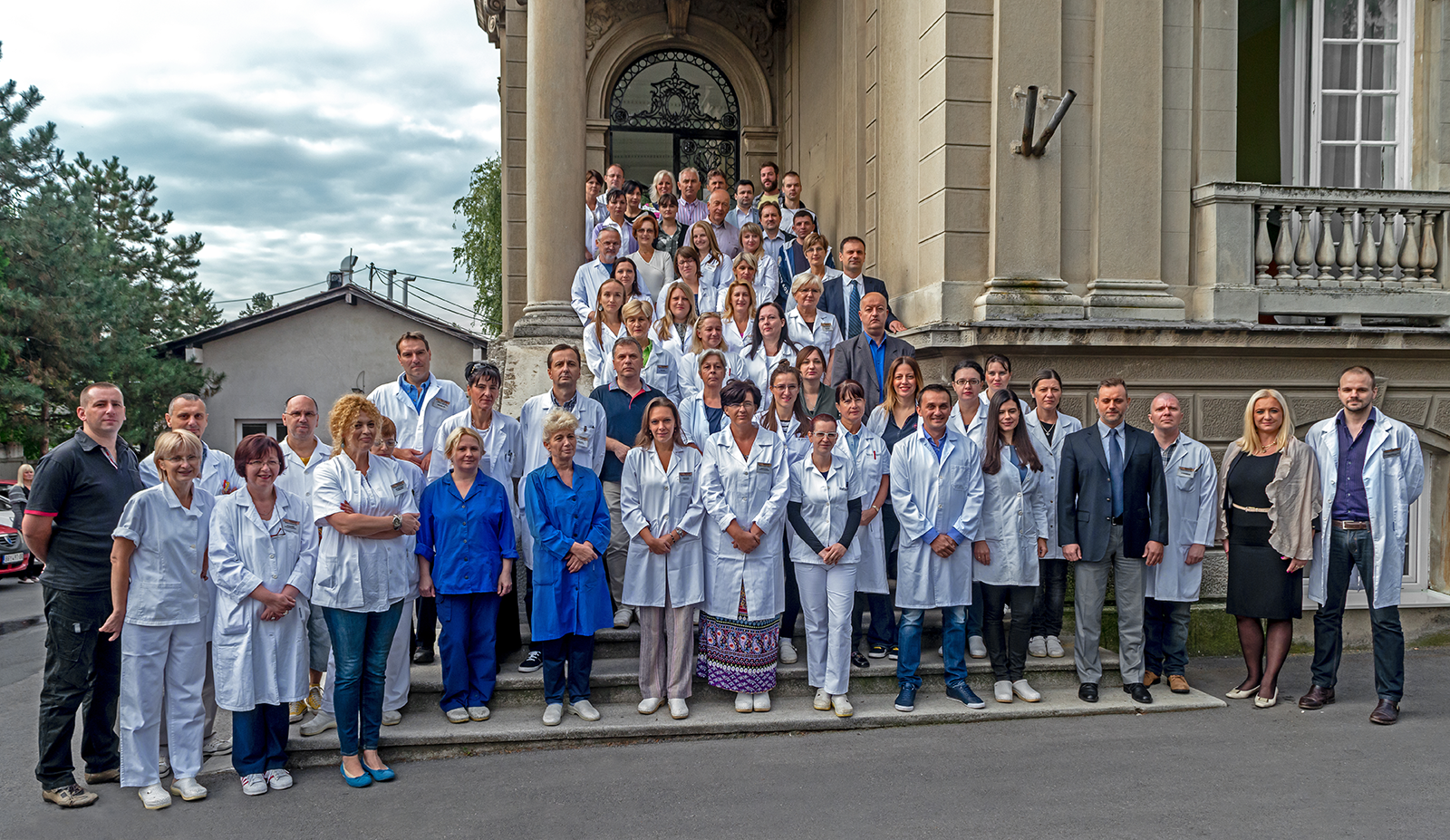Since 1965, the Institute has been included on the list of authorized food testing organizations, and since 1980 it has been authorized to perform super analysis of foodstuffs and articles/items of general use. In 1983, the Institute was authorized to perform super analysis of dishes, utensils and packaging for foodstuffs, as well as washing and cleaning products. By the Decision of the Ministry of Health of the Republic of Serbia, from 1991 and 1997, the Institute of Meat Hygiene and Technology is authorized to determine the health correctness of foodstuffs and items of general use.
Since 1972, the Institute has been carrying out activities for the purpose of establishing and then implementing the National Program for controlling residues in foodstuffs of animal origin, and by the Decision of the Federal Committee for Economy from 1985, the Yugoslav Institute of Meat Technology is appointed as the coordinating laboratory for the system of controlling (monitoring) of biological residues in tissues and organs of slaughtered animals and meat products at the SFRY level.
This program was implemented in the SFRY as one of the first countries in Europe in order to establish the conditions for export of canned ham to the US market. The above-mentioned tasks were carried out in close cooperation with the competent commissions of the USA and the European Union, which during their control in 1997, have confirmed the laboratory of the Institute as a reference for the examination of residues (European Commission Directorate General XXIV, No. XXIV/1517/97), as well as the competent inspections of the United States.
Based on the contract with the Ministry of Agriculture and Environmental Protection, the Veterinary Directorate, the Institute has been successfully implementing the Program of Systematic Monitoring of the Residues of Pharmacological, Hormonal and other Harmful Substances in Animals, Products of Animal Origin, Food of Animal Origin and Animal Feed. The realization of this Program is a precondition for the export of meat and all products of animal origin from the Republic of Serbia to the EU market.
Based on the contract with the Veterinary Office of Bosnia and Herzegovina and the Faculty of Veterinary Medicine in Skopje, the said jobs are also carried out for the Republic of Bosnia and Herzegovina and the Republic of Macedonia.
By the decision of the Federal Veterinary and Phytosanitary Control Service of the Russian Federation from 2010, the Institute is on the list of laboratories authorized to issue certificates of the safety of food products of plant and animal origin exported from the Republic of Serbia to the Russian Federation.
The Federal Institute for Standardization has recognized the Institute’s Quality System in accordance with the standard JUS ISO 9001: 2001, in 2001, and in 2002, the Accreditation Body of Serbia and Montenegro (JUAT) has given to the Laboratory of the Institute the Certificate of accreditation according to the standard JUS ISO 17025: 2002, for 23 cases of testing (meat, meat products, fish, milk and milk products, eggs and egg products, honey and other bee products, dietary foods, animal feed, etc.). Even today, the Institute has one of the widest scope of accreditation (over 400 accredited methods for testing of food) in our country. Recertification according to the SRPS ISO standard and re-accreditation of the laboratory were carried out in 2015, and the validity of the Accreditation Certificate was extended until 2020.
By the Decision of the European Commission “Commission Regulation EC No 1168/2002 of 28 June 2002”, the Institute of Meat Hygiene and Technology is hereby appointed an authorized institution for the certification of authenticity for the export of beef meat originating in the FRY (since 2005) to the European Union market. The European Commission confirmed with its decisions this appointment in continuity from 2002 to 2016.
Since 2015, the Laboratory for Biotechnological Research and Control of Food Safety and Quality of the Institute has been registered in the register of legal entities performing the veterinary activities managed by the Veterinary Directorate.

